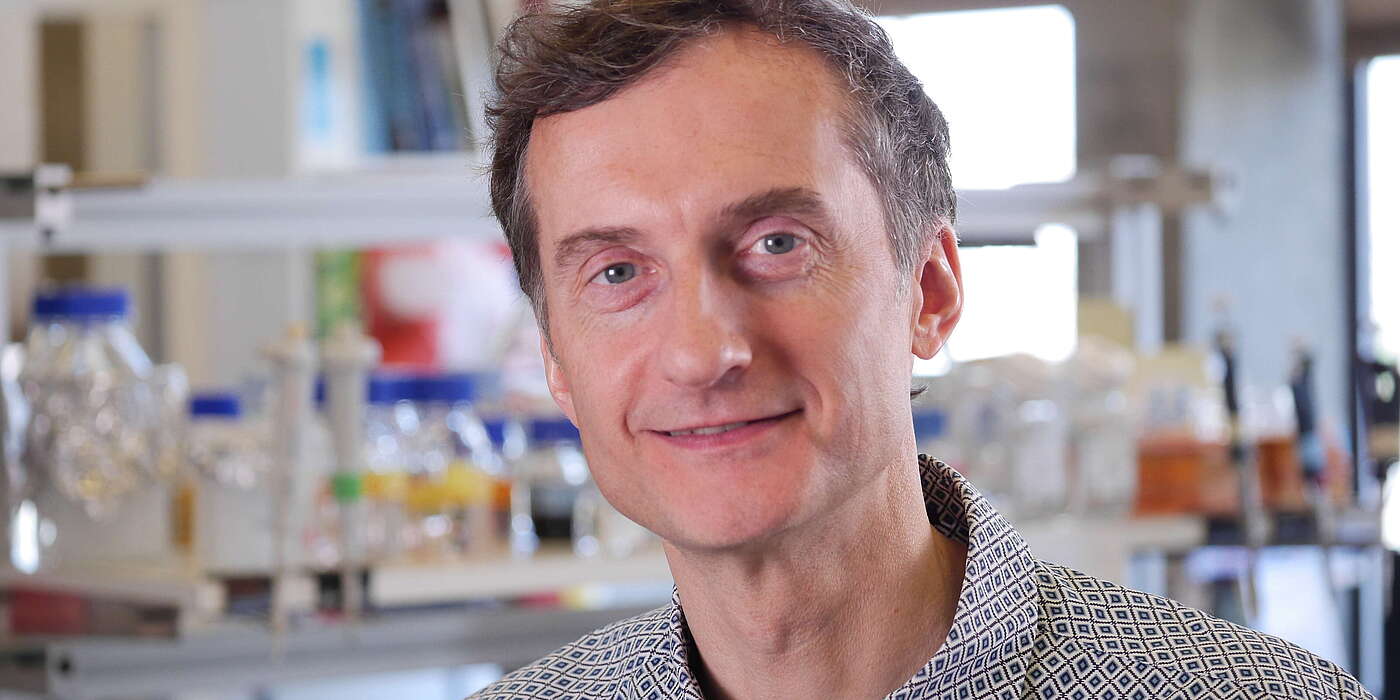The ERC Advanced Grants, which are awarded by the European Research Council (ERC), are among the most prestigious and coveted grants in basic research: only 10 percent of application submissions are successful. The grants provide funding for cutting-edge research that is innovative and takes big risks. Professor Alex Schier receives substantial financial support totaling 2.7 million Swiss francs from the ERC for the next five years.
The development of individual cells
Alex Schier’s ERC project is dedicated to studying the development of individual cells and aims to understand the logic governing cell differentiation. Each cell in our body has its own specific biography that is defined by its pedigree relationship with other cells (lineage) and its history of gene expression. This biography also affects the cell type into which a cell develops. Alex Schier’s team of researchers has developed two new technologies that make it possible to reconstruct each stage in the lineage of thousands of cells for the first time.
Using new analytical methods, the researchers now hope to gain comprehensive insights into how cellular diversity emerges and how specialized cells develop to take on their very specific functions. To do so, the researchers are using genetic methods to analyze the lineage trees and trajectories as well as how they interact. Based on the zebrafish model, the project aims to help develop a comprehensive overview of cell development in vertebrates. The ERC is funding the project “Global views of cell type specification and differentiation”.
Alex Schier is a professor of cellular and developmental biology at the Biozentrum, University of Basel, and its Director; he also leads a research group at Harvard University in Cambridge (USA).
Second ERC Grant for the University of Basel
In addition to Schier, the physicist Ernst Meyer, Professor of experimental physics at the University of Basel and board member at the Swiss Nanoscience Institute (SNI), receives funding of around CHF 2 million. The ERC is funding the project “Ultra-sensitive mechanical dissipation in classical, quantum and non-equilibrium nanocontacts”, which aims to further develop the atomic force microscope technology. The goal is to develop an innovative measuring probe that will specifically make it possible to study two-dimensional materials like graphene.
Contact: Communications, Heike Sacher



